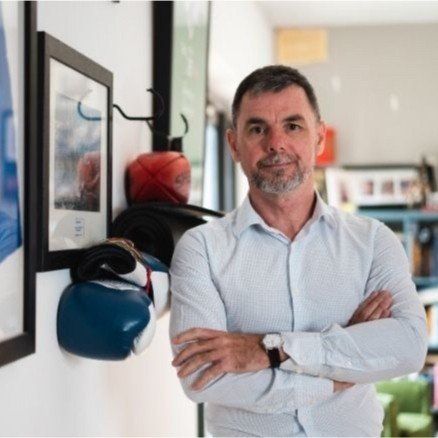Learn what 7,500+ frontline workers feel about culture, communication, and recognition
Get the insights
podcast
The Secrets to Elevating Performance With Gary Keegan - CEO of Uppercut (Part One)

Gary Keegan
Founder & CEO of Uppercut

Gillian French
Employee Experience Officer